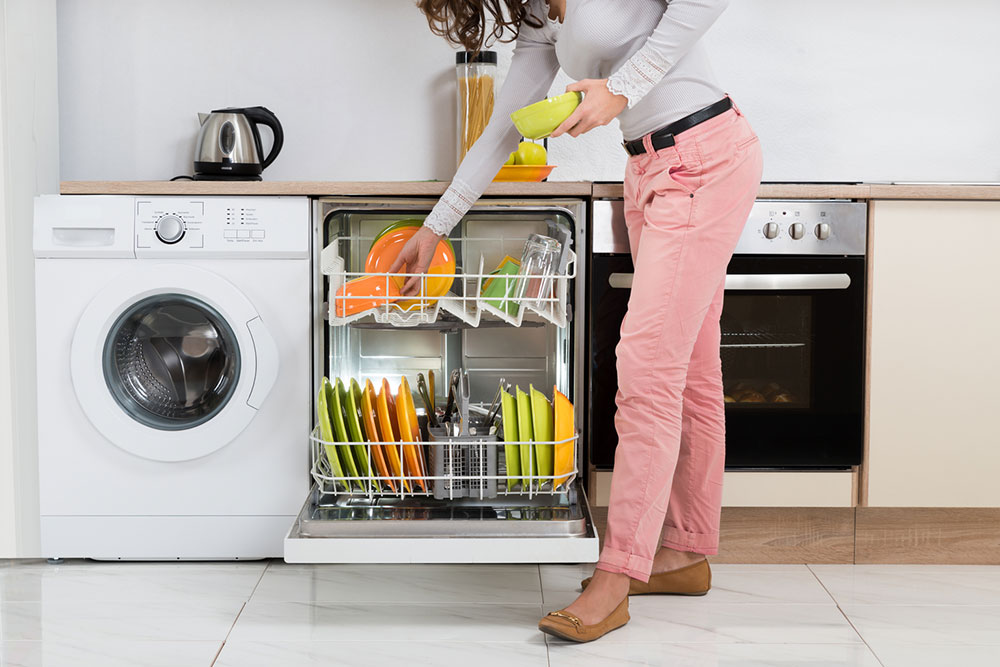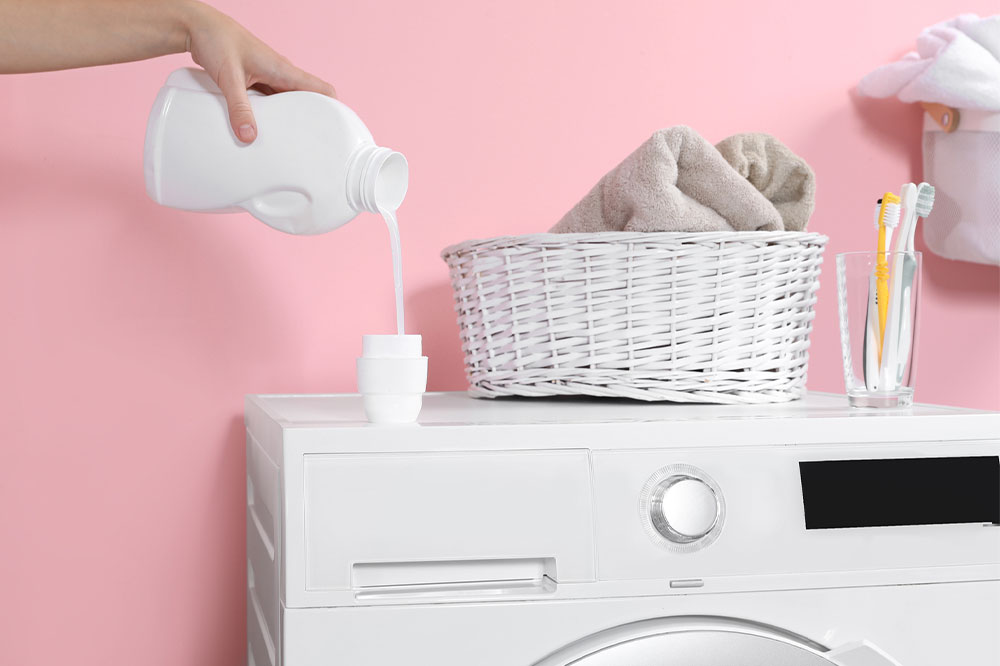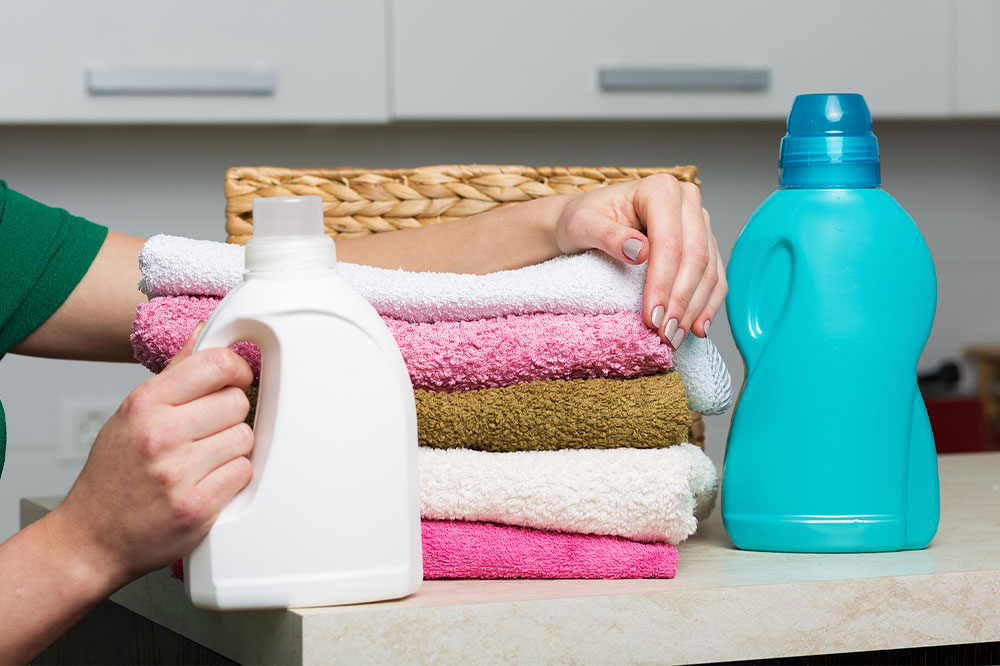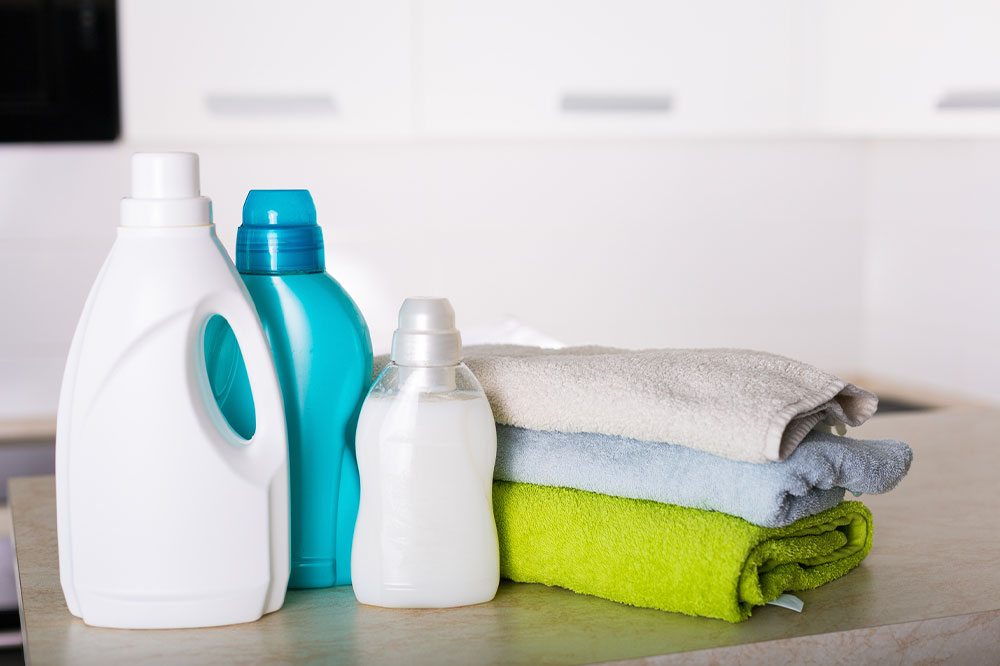10 common dishwasher mistakes to avoid

Buying a dishwasher is an excellent choice, as it brings with it many benefits for one’s home. Whether one loves to prepare elaborate meals and doesn’t fancy washing up post-cooking or has a busy family and could do with a hand around the house, the appliance is the perfect time-saving solution. That said, like with any other appliance, a few mistakes, such as the ones mentioned below, can render it useless or reduce its life.
1. Overcrowding the rack
Dishwashers can easily clean kitchenware, provided one does not overcrowd it. Too many dishes can cause detergent and water to get lodged in the crevices of the dishwasher. When this happens, the dishes are not going to be cleaned evenly. Spacing out items is the best way to ensure the load is adequately cleaned.
2. Failing to clean the dishwasher’s seal
Individuals should pay attention to the lining of the dishwasher’s door. Grime and mold accumulating on the seal can compromise its functionality and leave air gaps. If this happens, one may notice food slime, detergent, water, and other residue slowly creeping out of the gaps, which could be annoying to clean up. It is important to periodically wipe the seal and check for damages to ensure it does not leak and improve the dishwasher’s durability.
3. Washing delicate kitchenware
Only some people read the instruction manual that comes with a dishwasher. This manual always has instructions against putting delicate items, such as fine china and crystal. The dishwasher uses high-pressure water and strong detergents to clean dishes. This means that when one loads delicate China and crystal kitchenware, there’s a high possibility of those getting damaged. Instead, one should wash these separately by hand to keep them clean and safe from breakage.
4. Adding too much detergent
While detergents help clean the dishes effectively, filling in too much is usually bad. The additional amount of detergent could lead to excessive foam formation in the dishwasher. As a result, the appliance might not work to its full potential. In addition, the excessive foam may leak onto the floor and cause a bigger mess for one to clean up. Individuals should only add the amount of detergent suggested in the instruction manual.
5. Running partial loads
On the contrary, to avoid overcrowding the dishwasher rack, one must avoid running half-empty loads. Though the dishes get cleaned properly, running a partial load can result in excessive waste of water and electricity. One should use the dishwasher only when required. If they have a half-load feature, they could always use it to handle fewer dishes.
6. Failing to pre-rinse
A modern-day dishwasher can handle mild residue. However, large chunks of food may clog the filters of the appliance. This might reduce the flow of water and hamper the wash cycle. All one needs to do is scrape food residue from the dishes before putting them in the dishwasher. This simple step will ensure that the dishwasher functions at its maximum potential.
7. Forgetting to clean the filters
While pre-rinsing could prevent the filter from getting clogged in a single wash, it will eventually collect dirt and grime. And leaving it uncleaned may result in the dishwasher not functioning properly, leaving dishes and cutlery dirty. The good news is that cleaning a filter isn’t too difficult. One must detach it from the unit, manually remove dirt and other buildup, rinse it under water, and place it back. Cleaning the filter every month or two can help the appliance function smoothly. One should also occasionally clean the dishwasher’s nozzles, which are usually susceptible to blockages.
8. Obstructing the spray arms
The spray arms are meant to rotate to disperse water throughout a wash to clean the dishes effectively. Obstructing the spray arms in the dishwasher would mean that the appliance would not be able to do its job correctly. Therefore, one should ensure that there is no obstruction so that the arms disperse water for an effective washing and rinsing cycle.
9. Shutting the door when not in use
Several people habitually close the dishwasher’s door when it’s not in use. However, water is left over in the appliance, even after the cycle is complete. So, shutting the door would keep the seals moist, which could generate mold growth and foul odors. The growths could eventually damage the seal and cause the door not to close properly. One should let the appliance dry out, mainly if it is not used frequently.
10. Neglecting maintenance
Often, appliances don’t get regular maintenance and are neglected. However, failing to do so could result in the machine and its components getting damaged quickly, which might require a lot of repair or replacement. To avoid such scenarios, one should frequently inspect the parts of the dishwasher and replace them if necessary. One should also clean the appliance with a specialized cleaner to remove odors, prevent mineral buildup, and keep the components clean and hygienic for the next set of dishes.









